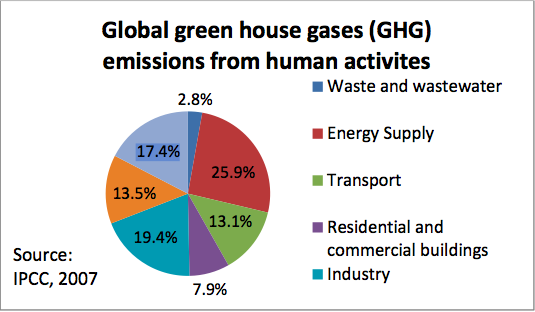#ClimateTracker Marco Lara gets technical about Mexico’s recent energy reforms.
Some weeks ago, Jerry Brown, former California governor, alerted Mexican authorities in regulating foreign oil companies with an iron hand, otherwise they are going to eat us alive. Such warnings were expressed in the light of a new legal framework in Mexico, which allows private companies to participate in oil and gas exploration, distribution and commercialization together with electricity generation, finishing almost 80 years of state- controlled activities.
In this sense, on August 11th this year, Congress passed new laws, endorsing private participation at the energy sector, and in particular, establishing the Energy Sector Industrial Safety and Environmental Protection National Agency.
In virtue of the above, the following text denounces, by analyzing new laws, how this new Agency, is a puppet controlled by oil and energy corporations, with the aim to use legal and administrative procedures to obtain the maximum benefit for their own, performing in detriment of several decades of environmental protection and fair development efforts, and in contrast, looking for increasing productivity in the energy sector with irresponsible means. In the same order of ideas, it is worth reminding that energy production contributes with 25.9% of Green House Gases (GHG) global emissions, which are linked to human-induced climate change (IPCC, 2007).
One might wonder there are regulatory institutions to deal with environmental impacts from industrial activities and enforce the law. Nonetheless, this new Agency is limited by a series of restrictions prescribed in the Energy Sector Industrial Safety and Environmental Protection National Agency Act (Ley de la Agencia Nacional de Seguridad Industrial y de Protección al Medio Ambiente del Sector Hidrocarburos).
On the one hand, this Agency is allowed to subcontract private institutions to carry on inspections to the regulated corporations (Art. 5, sections IX and XXIX); can perform at its sole discretion to impose fines (Art. 5, section XII); and is authorized to issue regulations on soil and wildlife protection, including waste and hazardous materials management (Art. 6, sections a-j).
On beforehand, it is alarming how a set of administrative functions that historically corresponded to the Ministry of Environment (SEMARNAT) were transferred to this Agency, in particular the ability to:
Authorize environmental impact assessments for oil, gas or coal pipelines, for petrochemical industries; for management, processing and confinement of hazardous waste; for tropical rainforest management and low regeneration potential species management; and for work and activities in wetlands, mangrove, lakes, rivers, lagoons, coastline estuaries, coastal areas or federal zones within the spaces mentioned above, in accordance with the provisions of the Article 88 of the Ecological Equilibrium and Environmental Protection General Act and its Regulations (Art, 7, section I).
Moreover authorizations on gases emissions levels (Art. 7 section II) and land use change in forest areas (Art. 7, section VII) are among the powers of the Agency. In addition, and even though responsibility can be incurred by regulated corporations in accordance with the legal provisions regarding risks, safety and environment (Arts. 22-24) those are not accordingly with the Environmental Responsibility Federal Act. Furthermore, corporations have freedom to decide the pathway to achieve regulatory objectives (Chapter 3, Arts. 12- 21).
Finally, it is worth mentioning a series of internal procedures that confirm this Agency was shaped in keeping with the interests of a small gang. For example, the Agency Executive Director will be appointed and removed freely by the President (Art. 27); the Agency personnel has to follow a code of conduct and privacy (Art. 28); hearings (and its records) with regulated corporations have limited access for citizens (Art. 29); it is established a scientific committee whose impartiality is compromised since its members are designed by the Executive Director (Art. 34); moreover the Agency budget is composed by revenue from regulation and supervision services (Art. 37), subordinating its activities to a game of economic interests.
As observed, this new regulatory context, jeopardizes land tenure rights for people settled on oil and gas deposits, and furthermore, represents a great concern about protection and management of key biodiversity areas. In addition, energy reform both increases hydrocarbons production and suspended particles concentration, which means a serious threat in terms of public health for every person, without distinction. Do you remember atmospheric pollution consequences? And what about extreme climate events, such as droughts, heat waves, floods, whirlwinds and hurricanes, stronger every year?
Have you ever thought what to response our sons and grandsons when they inquire us about those things were possible prevent today?



